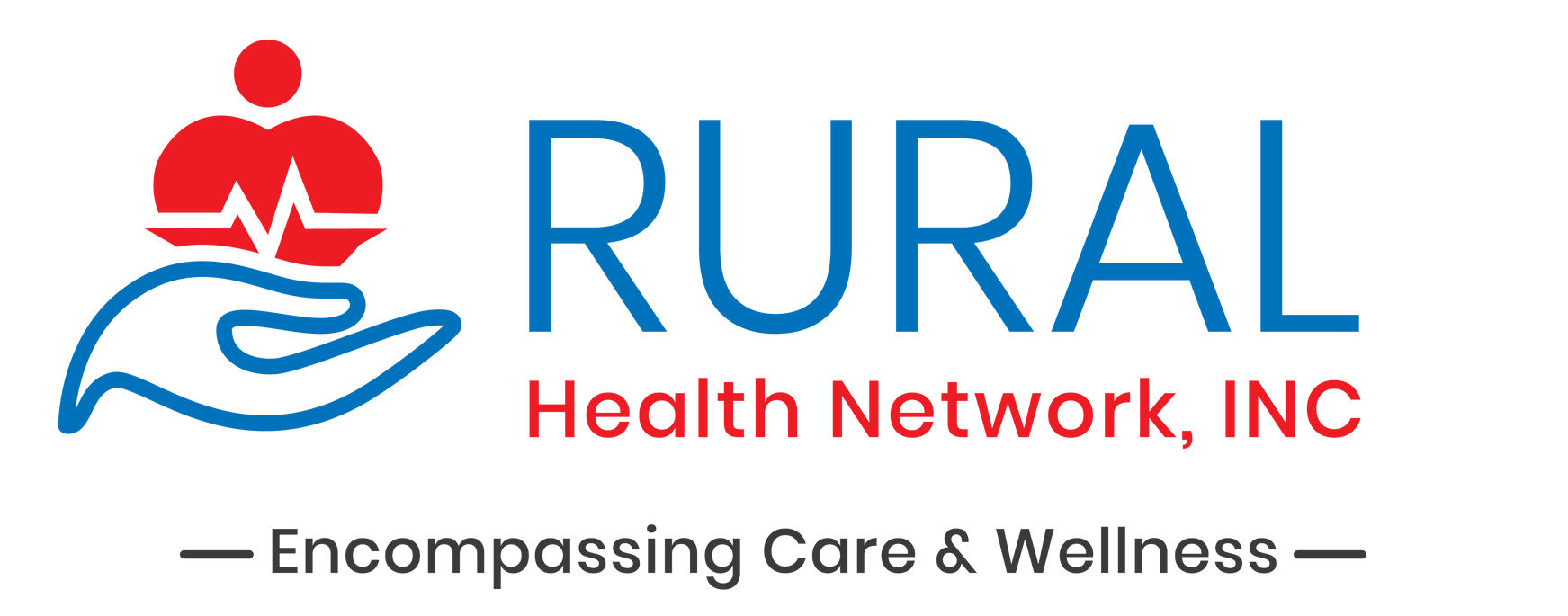What Does a Family Medicine Doctor Do and Why Do I Need One?

Family doctors are often underestimated, merely seen as gatekeepers to specialty care. Yet, they are the cornerstone of modern healthcare, providing continuity of care and personalized attention to individuals and families.
Working with families, these doctors know their patients' medical histories and understand how illnesses can run in the family. This comprehensive knowledge allows them to see the bigger picture and provide better, personalized care. Beyond their medical expertise, they are trusted advisors for the family's well-being.
Let us highlight the invaluable contributions of family medicine and the dedicated professionals, such as those at Rural Health Network, who transcend expectations and transform lives in underestimated ways.
[Start Your Health Journey]
What is a Family Medicine Doctor?
Family medicine doctors, also called family physicians or general practitioners, are at the core of primary healthcare. These professionals specialize in providing comprehensive care to individuals and families of all ages, genders, and stages of life.
Unlike specialists who focus on specific organ systems or diseases, family medicine doctors adopt a holistic approach to patient care. They address various medical conditions, from acute to chronic diseases, while offering health maintenance services.
Here's a comparison between a family medicine doctor and a specialized doctor:
| Family Medicine Doctor | Specialist Doctor |
|---|---|
| Provides comprehensive primary care across all ages and stages | Specialized training in a specific area with specific conditions |
| Focuses on a wide range of medical conditions | Focuses on a particular area of medicine |
| Provides comprehensive care | Provides specialized care |
| Takes a holistic approach | Takes a specialized approach |
| Emphasizes long-term relationships | May not provide ongoing care for other health needs |
Family doctors prioritize building long-term relationships with their patients, ensuring continuity of care, and serving as the primary point of contact for medical care. As a result, they offer a wide range of services and are trusted to assist patients in achieving better health.
What does a Family Doctor Do?
Research indicates that comprehensive care overseen by a family physician correlates with decreased mortality rates and increased life expectancy. This is due to the extensive scope of practice inherent to family medicine, which encompasses the management of many medical conditions and healthcare services.
Family doctors are adept at addressing the full spectrum of health issues individuals and families encounter. Serving as all-in-one healthcare experts, they provide a wide range of services to ensure patients receive optimal care:
- Preventive care
- Diagnosis and treatment of acute illnesses
- Management of chronic conditions
- Pediatric care
- Geriatric care
- Lifestyle counseling
While family medicine doctors possess broad expertise, specific specialized procedures and treatments may exceed their scope of practice:
- Complex surgeries
- Advanced procedures
- Specialized diagnostic tests
- Treatments like chemotherapy or organ transplantation
- Procedures requiring anesthesia or sedation, such as surgery
Patients must recognize when specialized care from a specialist may be necessary, particularly for complex medical conditions or rare diseases. Specialists with training and experience managing these conditions can provide tailored treatment and care.
Who Needs a Family Medicine Doctor

Family medicine doctors are crucial in providing comprehensive healthcare to diverse individuals and groups. They offer consistent and personalized care to patients of all ages and life stages, addressing various health needs. Specifically, family doctors are indispensable for:
- Individuals with chronic conditions
- Families with children who benefit from pediatric care
- Older adults who have unique health needs
- Individuals with complex medical histories
A primary care doctor, such as a family doctor, is essential for those needing ongoing health management. Serving as the initial point of contact, they oversee all aspects of care and coordinate communication in the healthcare community, ensuring comprehensive and seamless treatment.
The Importance of Having a Family Medicine Doctor
Family medicine doctors serve as primary care physicians, providing comprehensive healthcare services to individuals and families of all ages and stages of life. Having one offers numerous benefits:
Knowing Your Medical History
Family physicians take the time to understand your medical history, including past illnesses, treatments, and family health trends. This allows them to provide personalized care tailored to your health needs and preferences.
Managing Chronic Diseases
Specializing in chronic care management for conditions like diabetes, hypertension, and asthma, family doctors work with you to develop comprehensive treatment strategies. They diligently monitor your conditions, adapting interventions to ensure a high quality of life despite chronic illness.
Coordinated Care
As the central coordinators of your healthcare team, family medicine doctors ensure that all aspects of your care are well-integrated and communicated effectively between various healthcare providers. This coordination optimizes treatment outcomes and provides comprehensive and seamless care.
Comprehensive Care
Offering various medical services, including general pediatrics, diagnosis, treatment, and management of different medical conditions, family doctors provide broad healthcare under one roof, ensuring convenient access to all your healthcare needs in one place.
Following Your Life Cycle
Family medicine doctors tailor care to your age-specific health needs and concerns, providing personalized care whether you're a child, an adult, or a senior.
Continuity of Care
They develop a deep understanding of your health history, foster trust and communication, and provide consistent and ongoing support for your health and well-being.
Choosing the right family medicine doctor offers several benefits. They contribute to personalized, comprehensive, and continuous healthcare and ensure you receive the care you need at every stage of life.
Why You Need a Family Medicine Doctor
Having a family medicine doctor is more than just having a healthcare provider; it's about having a lifelong partner in your health journey. Their unique role offers several compelling benefits:
- Holistic Care Approach: This holistic approach ensures that your care plan considers all aspects of your physical, mental, and emotional health.
- Family Health Management: Knowing your family members' health histories can offer insights into genetic risks and help manage family-wide health concerns more effectively.
- Accessible Healthcare: Family medicine doctors provide a broad range of services all in one place. This accessibility simplifies healthcare and ensures you get the care you need promptly.
- Crisis Management: In times of health crises or emergencies, having a family doctor who knows your medical history can be invaluable in making swift, informed decisions about your care.
- Reduced Healthcare Costs: Regular monitoring and preventive care can reduce the need for expensive emergency care and hospitalizations. By managing health issues early, family doctors help lower overall healthcare costs for patients.
- A Trusted Partner in Health: Dedicated support and compassionate care in managing health and well-being.
Trusted Family Medicine in Newman, California
Your health journey is our lifelong commitment; therefore, we stand ready to be your steadfast guides, offering unwavering support, personalized care, and expert guidance.
At
Rural Health Network, we understand the importance of comprehensive, personalized care that spans generations. Whether you need preventive screenings, chronic disease management, or a trusted partner in your family's healthcare journey, our
Family Medicine services are here to help.
Book an appointment today or call us at (209) 862-3604 and experience the difference personalized family medicine care can make—Rural Health Network is your partner in health and wellness.










